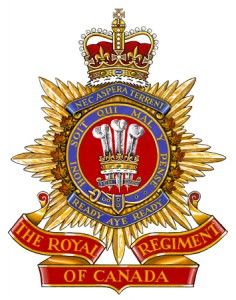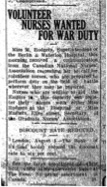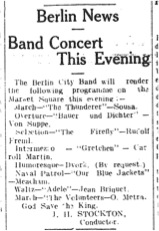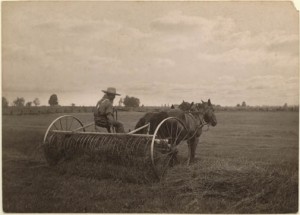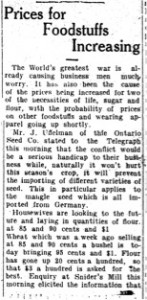Thirty-five members of the “C” Squadron, 24th Grey’s Horse, volunteered to go to the front for active service overseas on 5 August. At this time however, Canada’s offer of a Contingent had not yet been accepted by Britain. Regardless, these men displayed their patriotism and their desire to support the motherland during the present crisis.
The 24th Regiment Grey’s Horse was a militia cavalry regiment in the Oxford and Waterloo counties. The “C” Squadron was stationed in the Waterloo Region, while their headquarters and the regiment’s “A” squadron were stationed in Woodstock, Ontario. At this point they did not know if they would be ordered to go to camp as scheduled on 17 August, or if they would receive orders from Ottawa to mobilize. When Canada’s offer to send a contingent overseas was accepted by Great Britain, men across Waterloo Region and Canada rushed to try to enlist; among those men were members of the “C” Squadron.
(““C” Squadron is Ready for Service,” Berlin Daily-Telegraph, 6 August 1914)
